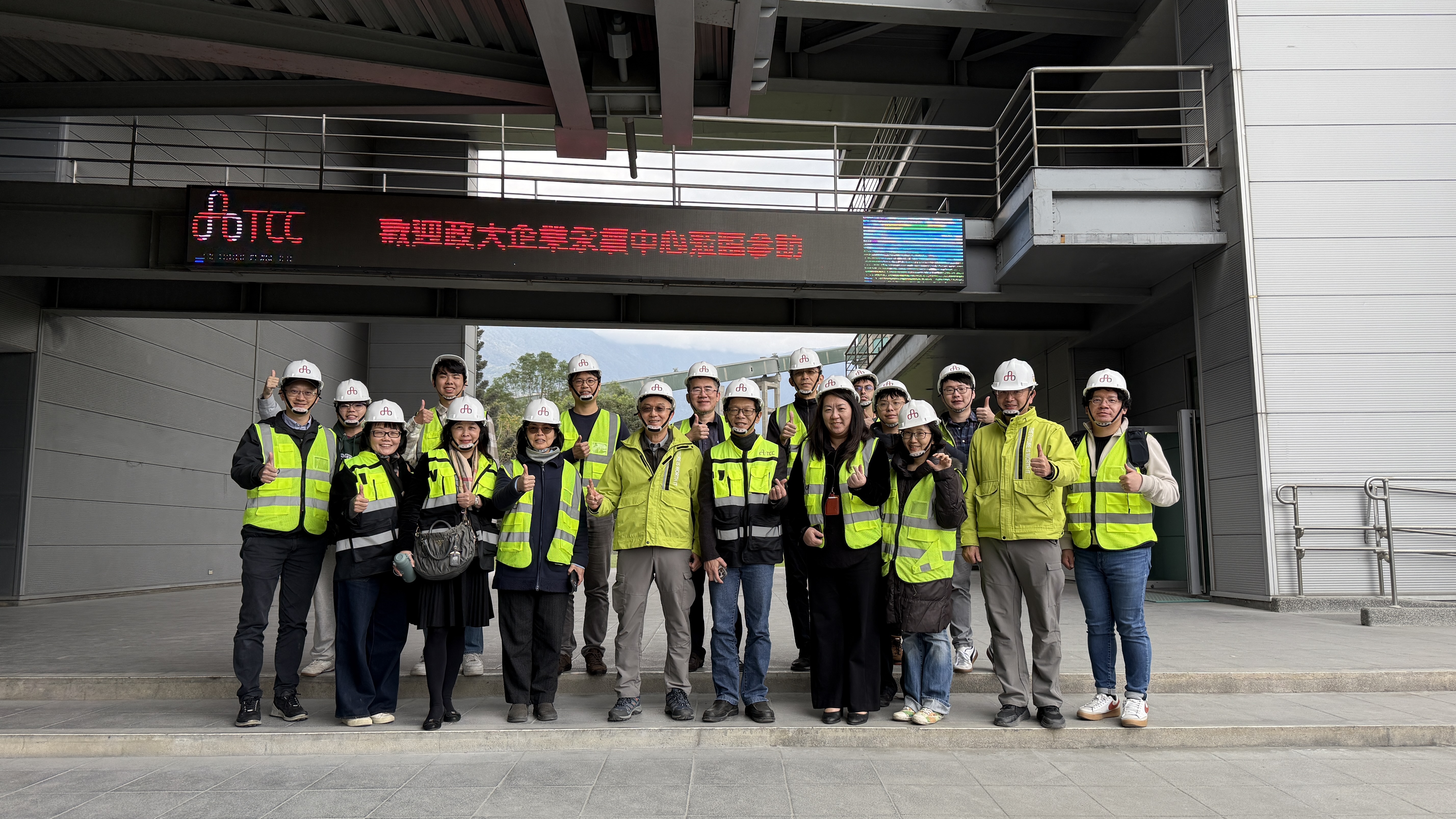The cement industry accounts for approximately 7-8% of global carbon emissions. The clinker burning process, a crucial step in cement production, involves the combustion of limestone and coal, inevitably releasing large amounts of carbon dioxide. Compared to other industries, the cement industry has a significantly higher proportion of Scope 1 emissions and is a primary target for international carbon taxes/fees. As a result, sustainable transformation in the production process is of paramount importance. Recognizing this trend early on, TCC has taken proactive measures, starting from the source. In 2023, the company introduced UHPC (Ultra-High-Performance Concrete), a low-carbon, high-quality building material. Furthermore, it established Taiwan's largest UHPC production center at the Heping Plant in Hualien. Compared to traditional concrete, UHPC can reduce carbon emissions by approximately 60% and extend the lifespan of buildings, achieving a dual goal of carbon reduction.
The low-carbon, high-performance UHPC material is also utilized in the TCC DAKA Industrial Park's Resource Recovery Center. This center is a public-private partnership project between the Hualien County Government and TCC, aimed at addressing Hualien's long-standing garbage disposal challenges. Housed within a beautifully designed building, the center operates a vaporization incinerator capable of processing up to 200 tons of waste per day. The incinerator separates various types of waste and utilizes the carbon monoxide produced through incomplete combustion for secondary, complete combustion to reach 1300 degrees Celsius, providing heat for clinker production in the cement kiln. The resulting fly ash and bottom ash can also be recycled as alternative materials for cement production, reducing coal and carbon emissions. This innovative approach is expected to reduce carbon emissions by 40,000 tons annually, promoting sustainable waste recycling.
Beyond being a sustainable industrial park, DAKA also serves as a cornerstone for local sustainable development, fostering a brighter future with indigenous tribes. In addition to attracting a significant number of tourists, the park has created diverse employment opportunities for tribal youth, including eco-tour guides, market vendors, and convenience store staff. TCC has also established the Hualien Peace Sustainable Charity Foundation and an emergency relief fund. Revenue from the rental spaces to convenience stores and Starbucks within the park is donated to the fund, which is used to improve the learning environment for tribal students and to renovate old factory buildings as emergency shelters for villagers. During the devastating Typhoon Kammuri in 2023, these shelters provided much-needed refuge for the tribal community.
While the Heping Plant is renowned for cement production, it has also achieved significant success in environmental restoration. This is largely attributed to the regulations prohibiting fishing in the Heping Port, as well as the construction of breakwaters using large boulders over two decades old, which provided an ideal habitat for coral attachment. Following the damage caused by a typhoon several years ago, TCC initiated the "Ecological Block Coral Transplantation and Cultivation Project" in 2021. By transplanting corals onto specially designed concrete double-ring ecological blocks, the project achieved a remarkable 89% success rate, resulting in the restoration of 288 coral colonies. Currently, the Heping Port is home to 160 species of coral and a diverse array of tropical fish. As a testament to these efforts, the port has been certified as an eco-port by the European Maritime Safety Agency.
In addition to marine life, the coastal area of the DAKA Industrial Park serves as a breeding ground for the endangered Little Tern. The reduced disturbance from the power plant facilities and the abundant food sources provided by the diverse fish population in Heping Port have made Hanben Beach, adjacent to the industrial park, an ideal habitat for these migratory birds, which travel from Australia and Indonesia to breed here between April and August. Recognizing the Little Tern's social nesting behavior, the TCC team created lifelike concrete models of the birds to attract them to nest and deter predation by other wildlife.
For TCC, embedding sustainability into the DNA of its employees and cultivating a workforce of sustainability champions is at the core of its sustainable transformation. From top management to frontline staff, sustainability is integrated into everyday operations. The tangible results of sustainability efforts at the DAKA Industrial Park have left a deep impression on visiting faculty and staff, demonstrating that Taiwan Cement Corporation is not merely advocating for sustainability but actively implementing it in the workplace. This serves as a valuable example for other traditional industries in Taiwan.




